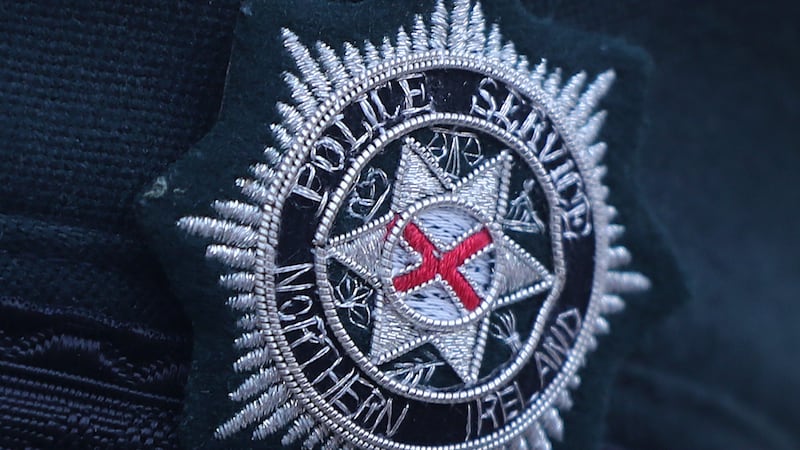An IT expert charged with terrorist offences in connection with a massive PSNI data breach is to be released from custody, a High Court judge has ruled.
Christopher O’Kane, 50, was granted bail over allegations he had a spreadsheet containing the names of every member of the force on his phone.
Despite Crown opposition, Mr Justice Humphreys held: “There is no evidence that the applicant is a member of a dissident paramilitary group.”
O’Kane, of Main Street in Feeny, Co Derry, is accused of possessing two mobile phones for use in terrorism and having documents likely to be useful to terrorists - namely the spreadsheet of names.
The data breach occurred on August 8, when personal information on all serving PSNI members and civilian staff was mistakenly published in response to a Freedom of Information request.
Details released included the surname and first initial of every employee, their rank or grade, and department. Home addresses were not revealed.
Within days it was confirmed that dissident republicans had accessed the information.
'Second mobile was located under a bedroom pillow'
O’Kane’s home was searched on August 18 as part of the police response.
Prosecutors claimed he tried to conceal one phone, while a second mobile was located under a bedroom pillow.
Examinations established that the spreadsheet of officers' names had been sent to one of the devices by WhatsApp message and downloaded before the message was deleted.
With the information still accessible offline, a Crown lawyer described O’Kane as someone highly efficient in technology who had allegedly tried to wipe his digital footprint.
Sections of the material sent to his phone were said to have been highlighted, including those featuring senior executive teams in the PSNI and officers based in the Derry area.
Two other individual officers were also highlighted: one who had multiple dealings with O’Kane and another previously targeted in a dissident republican bomb attack.
Within hours of receiving the WhatsApp message, the accused allegedly accessed a website used to search for residential addresses.
“Computer geek”
Defence lawyers argued that O’Kane deleted the file and is no risk to any police officers.
Barrister Joe Brolly characterised him as a “computer geek” who wrongly became a suspect just because of his affiliations to Irish republicanism.
The court heard O’Kane worked as an IT consultant and acted as administrator for websites run by Irish republican political grouping Saoradh and the Irish Republican Prisoners Welfare Association.
Counsel contended that the data was shared among thousands of others who have not been charged with any offences.
Granting bail, Mr Justice Humphreys acknowledged the concerns expressed that O’Kane has the technological skills to delete or distribute the information.
But he stressed that a forensic analysis of the defendant’s phones found nothing to indicate he shared the spreadsheet or any data.
The judge added that few, if any, police officers’ home addresses would be publicly available through a web search.
O’Kane was ordered to put up a £2,000 cash security and abide by a curfew and electronic monitoring as part of the release conditions.
Mr Justice Humphreys also prohibited him from accessing the internet or entering the city of Derry.


